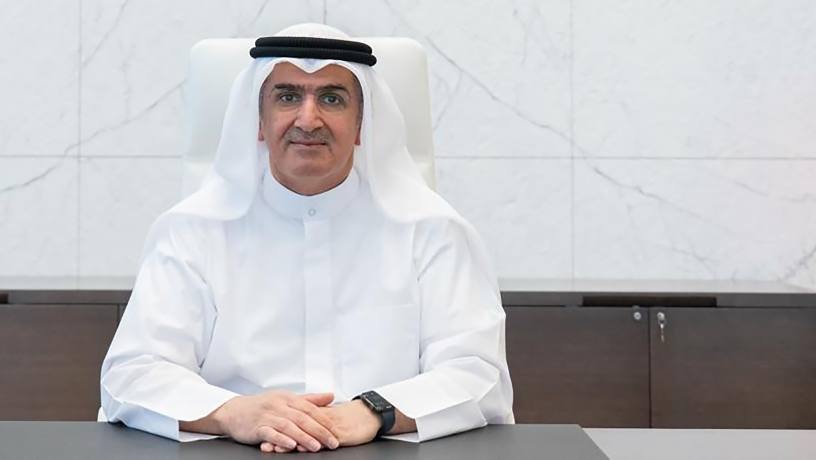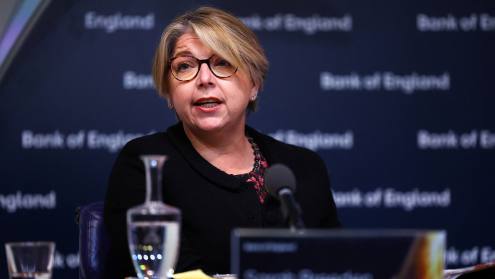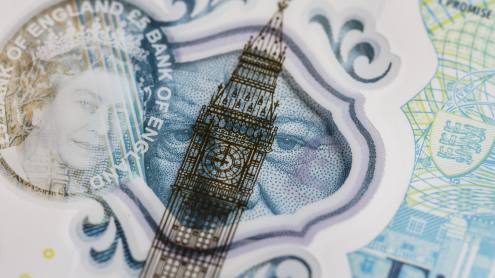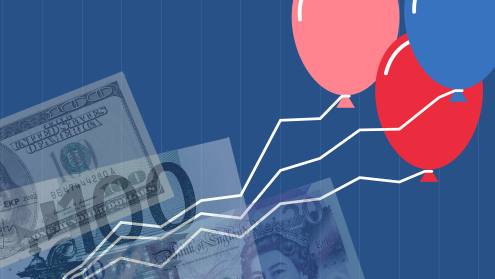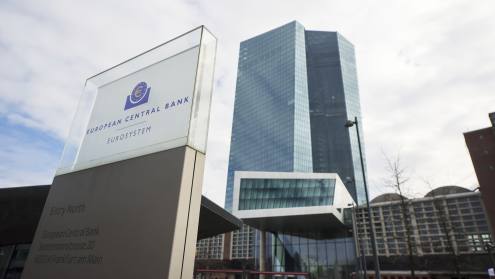Q: What are the main strategic priorities for the Central Bank of Kuwait (CBK) in 2023/24?
A: The CBK continues to formulate its strategy for 2023-24, which aims to support the drivers of sustainable economic development through conducting appropriate monetary and credit policies to promote investment, as well as achieve economic and social advancement.
One of the main priorities of the CBK is to foster and support innovation to further develop the country’s financial infrastructure and to do so on a sustainable basis, while maintaining appropriate customer protection levels. In this regard, the CBK is particularly keen on enhancing the digitalisation process across the sector.
In the coming year, the CBK will also proceed to enhance the regulatory infrastructure by issuing directives encompassing instructions on cloud computing and on digital onboarding.
Q: What is the central bank’s expectation for economic growth in 2023-24?
A: As per IMF forecasts, global growth is expected to fall from 3.4% in 2022 to 2.9% in 2023, with key challenges including geopolitical conditions, higher global inflation, tightened monetary policies around the world and lower international oil prices.
At the local level in Kuwait, growth may be slower in 2023, as a result of a fall in global oil demand and a decline in oil production under the OPEC+ agreement from last October. Kuwait has not been significantly affected by the Russia-Ukraine conflict due to the limited trade and financial relationship with these countries.
However, there is uncertainty about the external environment, especially the potential impact of tightened monetary policy in major economies and a further slowdown in global economic activity. Moreover, the fluctuation in oil prices and production as a result of external factors would negatively affect economic activity and local macroeconomic balances.
Kuwait’s economy is expected to grow by between 2% and 3% during 2023-24. Implementation of economic reforms, the regulation of public finances and the validation of the relevant legal legislation remain important factors in sustaining growth in line with the country’s Vision 2035 plan, which gives priority to the development of a prosperous and diversified Kuwaiti economy.
Q: What is the broad outlook for the banking sector in Kuwait as economic growth slows compared with the previous year? What are the main challenges and opportunities facing the sector?
A: The Kuwaiti banking sector plays a vital role in supporting the economy by financing development projects in line with Vision 2035 to transform the country into a global financial and commercial centre, and by contributing to the diversification of the economy and the growth of the non-oil sector.
Banks can contribute to such efforts in a number of ways, including providing financing to knowledge, hi-tech and high-growth sectors, supporting projects and industries with a positive environmental and social impact via green finance methods, and by supporting the country’s SME, tourism, construction and retail sectors.
Q: What is the outlook for credit growth in 2023/4 and what will be the main sources of that growth?
A: The Kuwaiti banking system continued to experience a healthy growth in lending of 7.7% in 2022, in line with the growth in 2021, despite the increases in interest rates in 2022. Higher oil prices, a youthful population and continued job growth in the government sector has supported increases in consumer lending and real estate.
In 2023-24, we expect that Kuwait will continue to experience healthy credit growth in line with the average five-year growth trend, as oil prices continue to support government spending.
Q: How concerned is the CBK about inflation given the recent rises? Is inflation expected to decline this coming year?
A: Rising energy and commodity prices, together with the instability of global supply chains, are the main sources of imported inflation in Kuwait, due to the open nature of the economy and its dependence on imports.
As part of efforts to control rising inflation, the CBK has raised its discount rate eight times since March 2022, and has changed the rates of monetary policy instruments by varying percentages for the entire interest rate structure.
Annual inflation has recently slowed to 3.2% in February 2023 from an average of 4% in 2022. This is a moderate and relatively stable rate reflecting the effectiveness of monetary and fiscal policies, and government food and energy support policies aimed at limiting the transfer of hikes in global prices to the local market.
Q: Following the completion of the Kuwait Finance House’s acquisition of Ahli United Bank last year, are there likely to be more mergers and consolidation in the coming years?
A: All merger and consolidation proposals will be thoroughly studied in all respects to determine their added value to both the banks involved and the wider banking sector, together with the general financial stability and the operational efficiency of the economy.
The CBK is keen that any merger or acquisition process contributes to achieving banks’ goals in terms of sustainable growth and the improvement of key financial indicators, without exposing the banking system and the wider financial sector to additional risks.
Q: Following the publication of regulations for digital banking licences last year, is the CBK preparing to grant any digital-only bank licences in the near future?
A: According to the guidelines issued in 2022, digital banks can function within three main models. The first model is as a unit within a traditional bank. The second model is as a partnership between such a bank and a digital institution where the bank handles core banking operations, while the second party handles relations with customers, trademarks and other areas of operation and service. The third model is the establishment of a standalone digital bank.
The CBK has received several applications and the initial approvals are expected to be granted soon.
Q: Is the CBK looking at the possibility of launching a central bank digital currency (CBDC)?
A: The CBK is closely following the experiences of other countries that are issuing CBDCs, as well as the debates taking place among stakeholders in various countries regarding the various pros and cons. Accordingly, it has formed a team of experts from various fields within the CBK to study the topic. Any such issuance would need to be accomplished in a way that preserves monetary and financial stability, while maintaining confidence in Kuwait’s payment system.
Following a full review of the Kuwait payment landscape, the CBK in 2022 replaced its real-time gross settlement with an advanced solution that is better able to incorporate innovative payment services, while preserving security and efficiency.
Q: With the recently growing global interest in green finance and ESG principles, where does the CBK stand in this regard?
A: In November 2022, the CBK issued guidelines on sustainable financing and ESG standards in line with Bank for International Settlements principles for effective management and supervision of climate-related financial risks. These directives include explaining the importance of sustainable financing, as well as outlining ESG standards. The circular included principles and basic directives that banks should consider with regard to sustainability.
Additional efforts by CBK include capacity building, engaging with stakeholders, as well as putting together an in-house team focusing on climate change to ultimately drive the central bank’s climate change agenda.
There have been some notable efforts by a number of local banks in supporting the ESG and climate change cause through initiatives, disclosures and reports. CBK applauds these efforts and encourages other banks to follow suit.
Q: What updates can you share regarding companies testing products in the Central Bank of Kuwait’s regulatory sandbox?
A: The CBK launched its regulatory sandbox framework in 2018 to support and enable emerging technologies, and continues to enhance its fintech framework, specifically in the areas of payments and lending.
The sandbox encourages those looking to provide innovative products and services to test their services or products within a space that ensures the safety and soundness of the financial and banking sector. Multiple technologies have been tested during the experimentation stage of the regulatory sandbox.
One product that has graduated from the sandbox is an automated system for know your customer [KYC] verification based on blockchain technology and application programming interfaces [APIs]. After graduation from the sandbox, two local banks obtained the CBK’s approval to launch their e-KYC solutions, in co-operation with the graduated product.
Another product that has graduated from CBK’s sandbox is an application and web-based electronic platform that serves customers and exchange companies. It allows a group of exchange companies to provide their services electronically to customers. Four exchange companies obtained the central bank’s approval to launch the product in the local market.
Currently, a number of sandbox applicants are under evaluation including e-wallet and buy-now-pay-later products. Products being tested are mainly based on applications, web-based electronic platforms and APIs.



